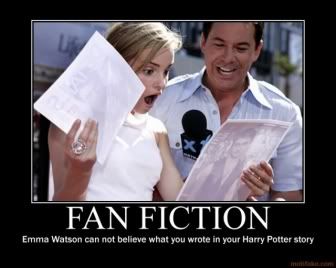
In case this week’s vlog didn’t tip you off, I am a huge fan of Mad Max: Fury Road. Long after having seen it several times in cinemas and at home, I still want to talk about its greater meanings, implied or intended, regarding personal autonomy and agency, the depth of truly human characters, and all of the great moments of storytelling in what is, on the surface, a bone-crunching action romp about weird cars and weirder wasteland denizens.
I’ve already talked at length about the film’s merits in both this review and this post about characters. But what about its influence upon folks like me when it comes to inspiration and motivation?

There are messages woven throughout the film, but one of the most simultaneously potent and subtle one is that of personal agency. When the film opens, Max is seemingly a pawn of his own unbridled emotions – his anxiety, his rage, his fears, and the memories that haunt him. He gets muzzled, restrained, and used for his blood, completely at the mercy of the people around him. It takes external influences – Furiosa’s escape in the War Rig, the subsequent pursuit, and the incredible windstorm – to give Max the opportunity to seize control of the situation as much as he can.
Once Max is able to focus on reclaiming agency of his life, an interesting thing happens. He initially goes after selfish goals – hijacking the War Rig for his own escape, ignoring the plight of the women, and getting the damned muzzle off of his face – but the more time he spends in that Rig, the more he finds himself supporting those around him. He seems to realize how important it is for Furiosa and the wives to seize their agency, make their escape, and in Furiosa’s case, seek redemption for everything she had to do in order to survive. Because the War Boys immediately reduced Max to a thing, and Immortan Joe has been using people as things for presumably a long time, their drives and motivations become aligned:

I mentioned in the vlog that idealizing, romanticizing, or demonizing the people in our past is an awful thing to do. It robs them of their agency. It makes them things. See above. There are very few things in this world that can be more harmful to those we care about than to view them in such damaging, dehumanizing ways.
To my great shame, I have found myself doing it, up until recently. (Like, a week ago or so…)
Seeing the people we care about with clarity, without any shade of glasses (rose-colored, ash-colored, etc), is the best way to respect them. If they have passed, it honors their memory. If they yet live, it frees them to be who they are and, ideally, grow into better versions of themselves tomorrow, and the day after, and the day after that, as they push themselves down their hard road of self-realization and self-actualization.
As I said, that’s the ideal situation. Others may arise. But that is how others live.
Your focus, my focus, must be on how we, as individuals, live.
The roads ahead of us stretch out to the horizon, into the unknown quantities of our futures. One is the desolate, plain, unthreatening road of doing what we’ve always done, avoiding facing or challenging ourselves, and letting go of opportunities to grow and change as individuals. The other, harder road, fraught with the perils of facing truths about our words and deeds we do not wish to admit, can be intimidating and unnerving, leading as it does through the Shadow and the hard lessons of the past. But I maintain that it is the right road to take.
It is the road to agency. To growth. And, ultimately, to redemption.
Don’t you owe it to yourself to be the best human you can be?






